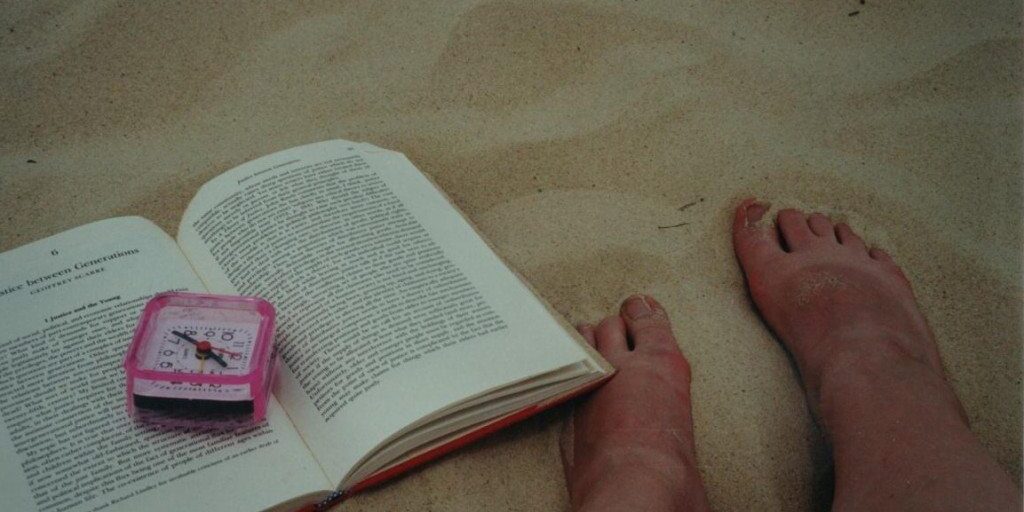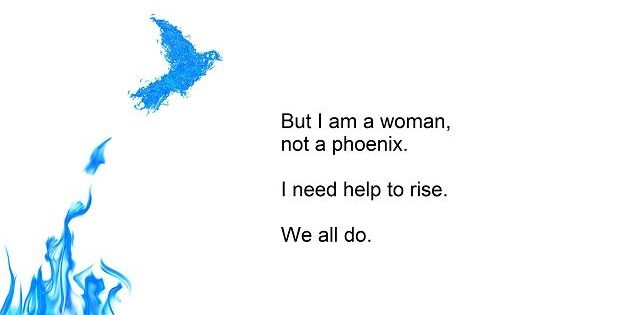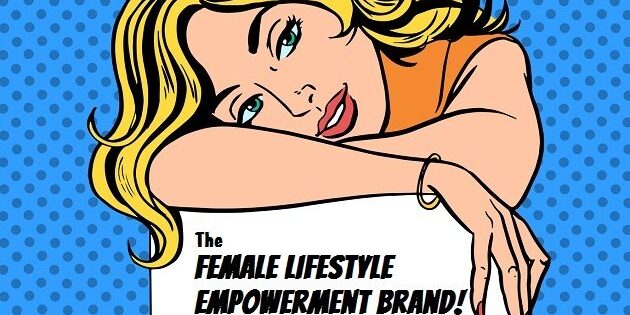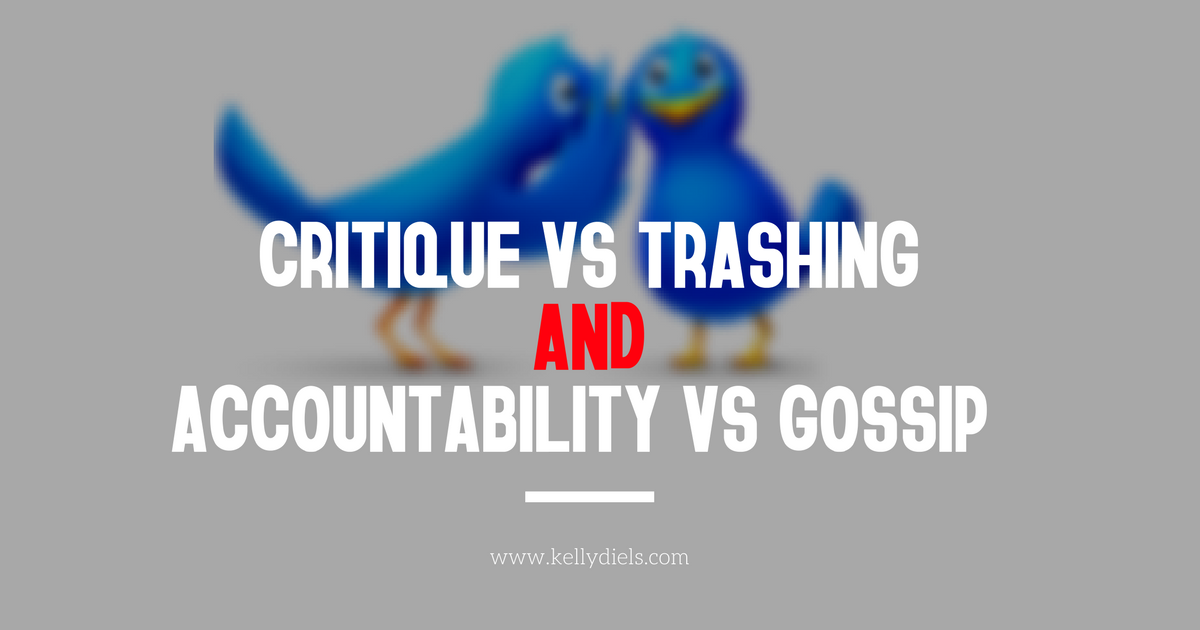
A quick note about critique vs trashing and accountability vs gossip
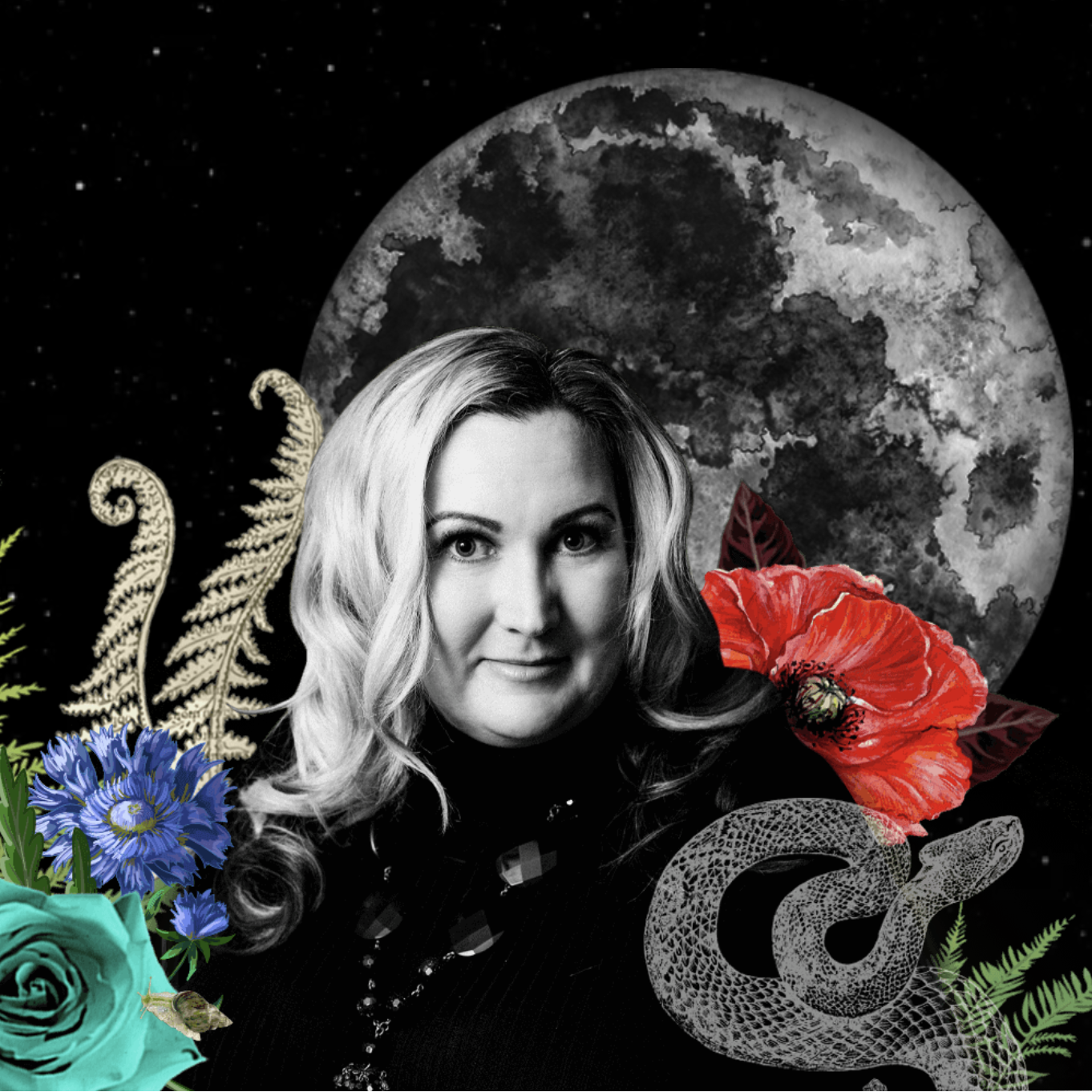
As I’m writing out my definition of – and problem with – The Female Lifestyle Empowerment Brand, here’s my intention: to name and investigate a social phenomena that markets itself as revolutionary but actually reinforces the current patriarchal status quo.
I want to emphasize that: I’m pattern spotting. I’m talking about a cultural phenomenon.
But to document the impact of this marketing archetype, I’ve got to be specific.
I’ve got to provide receipts.
To do that, I’m going to have spend time and chapters naming and analyzing the work of specific leaders that are emblematic of, and the occasion for, my critique of The Female Lifestyle Empowerment Brand.
That pains me, to be honest. I like some of them (that’s part of their positioning: professional likability). I value some of the work some of them are doing.
But unless I point to specific blog posts, videos, interviews and marketing campaigns, I’d be doing the literary equivalent of vaguebooking. Without specifics, I’m building a straw woman.
Arguments require facts and critical analysis and calling a thing a thing.
So my work will sting sometimes, because tearing off the veil of illusion is never comfortable.
It will often personally implicate us, as marketers and culture-makers.
(We are all in the water so we are all wet.)
But I want to do this kind of clarifying work without resorting to trashing or gossip.
It would be really easy to devolve into gossip. That’s not what I’m trying to do.
My work is critique.
Although I’m often critiquing the way these brands leverage white beauty norms, for example, I am not going to disparage their physical appearances. That would be (sexist) trashing.
I will, however, observe and delineate the way they deliberately use conventional ideals of attractiveness as a marketing device. This is cultural pattern spotting and critique.
Also: no gossip. I don’t care what their hair or weight apparently says about their characters or whether they’re mean to kittens or who they sexed and blah blah blah. I care about the impact The Female Lifestyle Empowerment Brand is having on women and the world we’re co-creating .
So, to stay out of the space wherein I get snarky or construct these women as frivolous – a sexist practice I abhor and one that entirely misses the point, because I believe they’re sophisticated entrepreneurs who are having a serious impact on women’s culture – I’ve made up some rules for myself:
- No gossip. I’m not repeating hearsay or wondering about their childhood wounds or interested in their sex lives (for example). I’m critiquing verifiable material in the public realm: their public personas, public posts, books and consumable objects, platforms, marketing strategies and their social consequences.
- Must have more than 30,000 Facebook followers. This might be a slightly arbitrary metric but I’m taking it as a success threshold. At this level of reach (and, presumably, revenue), it’s pretty unlikely my critique could devastate their reputation, business and livelihood.
- I must disclose any apparent conflicts of interest.
- I’ve got to be self-aware and see myself in this mirror too — and then be transparent about it and fold that into my work.
So those are my initial parameters (and no doubt the list will lengthen as my research deepens).
If you’re taking on a cultural project that involves critiquing people, real-time, it might be useful to set yourself some parameters, too.
Making rules for yourself helps you keep your eye on the work (rather than scandalous tidbits) and it can help you lead your community away from trolling and into collective capacity-building and joint action.
So now let’s distinguish between trashing and critique.
If someone is advancing an argument and gets shot down because of their appearance, this is trashing.
Critique, however, references ideas and actions and questions them or draws alternate conclusions.
If someone is advancing an argument and gets shot down because of their personal life and relationships, this is trashing.
If a person is writing about wellness, for example, their romantic life or marriage is not fair game for discussion and not relevant to their scholarship. Their ideas and public policies about marriage – if they write about them or speak publicly or document them or propose legislation – are open to debate. Their personal lives and the people in their lives are not for public consumption.
Critique focuses on ideas, analysis, documentation, actions, practices.
If someone is advancing an argument and gets shot down because of their finances, this is trashing.
Someone talking about campaign reform, for example, shouldn’t get dismissed because they’re broke or in debt. It’s irrelevant. Their proposals and policies are open for public discussion, debate and disagreement; their bank accounts and credit rating are not.
If someone is referencing their first-hand experience, this is not gossip. This is their story and they can tell it.
If someone has done someone wrong – bullied them, intimidated them, extorted them, exploited them, violated them – then they’re not gossiping. They’re truth-telling. Whistle-blowing. Healing. Saving the rest of us from the same danger and maybe even the same offenders.
Let’s watch for this kind of thing in the communities we participate in and the communities we lead.
If someone is speaking about wellness and gets dismissed because she’s fat, that’s not critique. It’s not about her ideas or scholarship. It’s about her appearance.
If someone is speaking about ethical marketing and gets dismissed for not being a millionaire (I saw an example of that coming from an author/blogger using Product Launch formula; he mocked someone questioning his tactics for not being rich, or so he thought…), that’s not critique because it’s not addressing the argument. It becomes a duel of bank accounts rather than a dialogue or debate. So it’s trashing and it’s not productive or legitimate.
When people use trashing instead of critique, it’s because they can’t actually out-argue or out-reason the ideas. It’s an implicit admission that the other argument is stronger than theirs.
So we have to be careful not to do it to people we disagree with, too, and that’s hard. I catch myself doing it all the time.
That being said: when people are accused of dangerous crimes…privacy does not apply.
Privacy is supposed to protect us from unjust incursions into our private lives. Privacy is not intended to be used to shield us from the consequences of our own misdeeds.
But again, nuance: if someone accused of smoking weed, which is currently illegal where I live, that doesn’t mean that everything they’ve ever written about tax law, the superbowl or orchestral arrangements is suspect or illegitimate.
Anyways, watch for this. Discern.
Don’t take automatic umbrage with being critiqued or insist that you shouldn’t be criticized. It’s ok to be critiqued. You shouldn’t be trashed, doxxed, or harassed; but critique is not the same thing as trashing.
(Also: criticizing someone does not squash their free speech rights.)
Show up for people being trashed.
Critique people for their ideas and their actions – and if those things are wrong or illegitimate, that’s not trashing the person.
That’s calling them and all of us to accountability and it’s how we protect each other.

